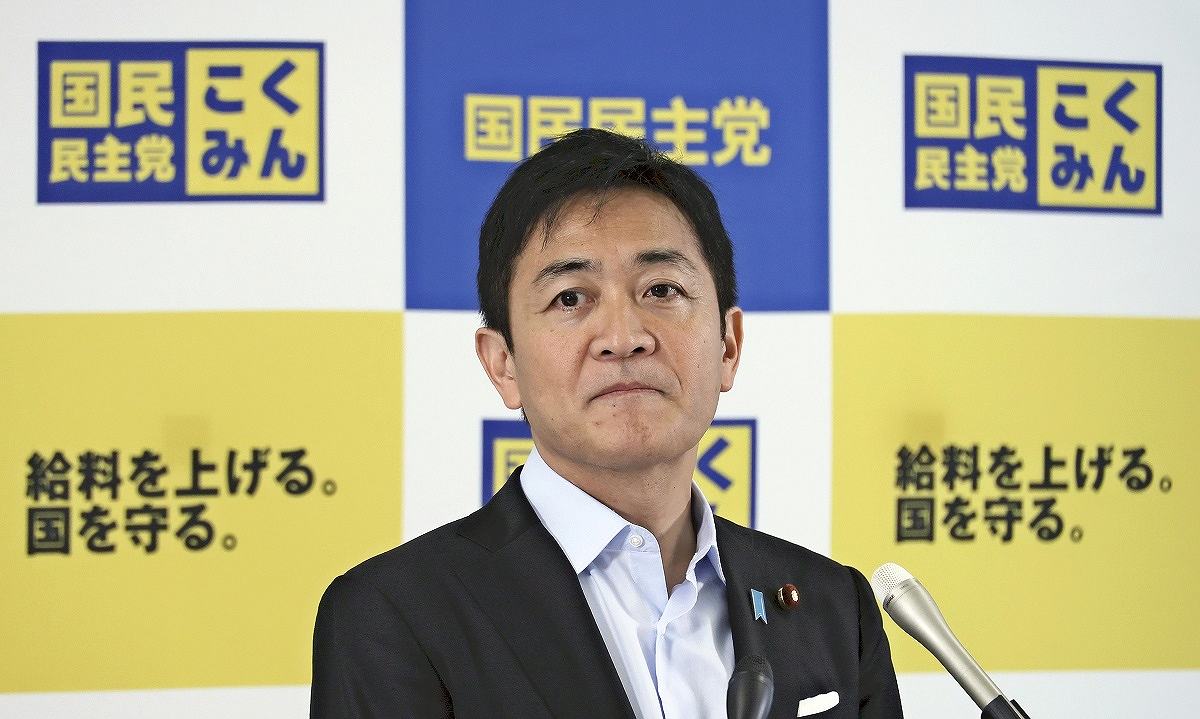SUMMARY
- Japan’s Democratic Party for the People aims to lower taxes on crypto gains as part of its policy platform.
- Currently, crypto gains are taxed up to 55%, as they are classified under miscellaneous income.
Yuichiro Tamaki, leader of Japan’s Democratic Party for the People (DPP), has announced a policy proposal to decrease taxes on crypto gains to 20% in the upcoming general election. The DPP aims to replace the current classification of cryptocurrency as miscellaneous income, which carries a tax rate of up to 55%. The proposition moreover calls for eliminating taxes on crypto-to-crypto exchanges, introducing crypto ETFs, and raising the leverage limit for retail investors from 2x to 10x to pull in more market participants.
Tamaki pushed the significance of tax reform, empowering voters to support his party if they believe in a flat 20% rate. “We also propose no taxes on cryptocurrency-to-cryptocurrency exchanges,” Tamaki said on X, repeating his objective to position Japan as a global hub for cryptocurrency through deregulation and policy alterations. His July post emphasized that tax reform is critical to cultivating market development and innovation in Japan.
Currently, Japan’s crypto industry faces a few obstacles. With unrealized gains still taxed under past rules, numerous organizations battled to hold advanced resources. A recent government modification presently exempts long-term crypto holdings from tax, but industry specialists say more comprehensive changes are essential. Daiki Moriyama, director at Oasys, pointed out that strict use limits for retail speculators, combined with high charges, dishearten speculative activity and result in low trading volumes. This has contrarily affected Japanese crypto exchanges, which depend on trading fees for revenue.
Despite these challenges, Tamaki’s policy endeavors aim to revitalize the local market and draw in both domestic and foreign investors. Be that as it may, the DPP right now holds only seven seats in the 465-member House of Representatives, restricting its political influence. The upcoming general election on October 27 presents an opportunity for the DPP to gain more footing. Polls by the Asahi Shimbun recommend the party may double its pre-election total of four seats in single-member districts. Extra gains are anticipated in the relative representation category, which seem boost the DPP’s capacity to push through legislative reforms.
If effective, Tamaki’s proposed changes might offer relief to the struggling crypto division and pull in new investors. However, whether these plans become reality depends intensely on the election result and the DPP’s capacity to gain adequate political backing. As crypto continues to gain consideration globally, Japan’s policy direction may have noteworthy implications for the industry’s future.

